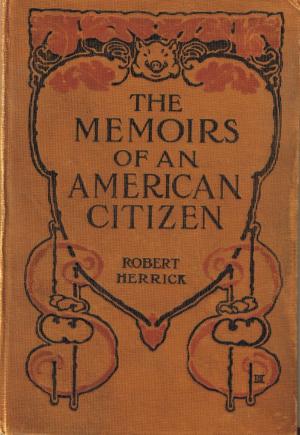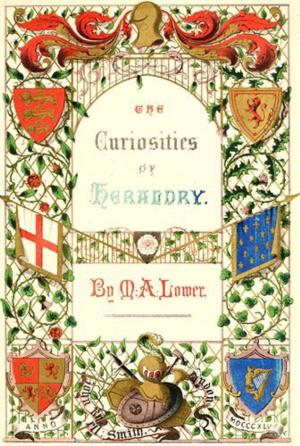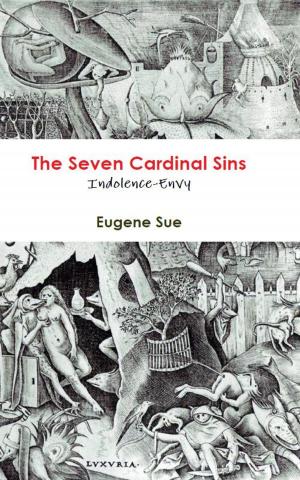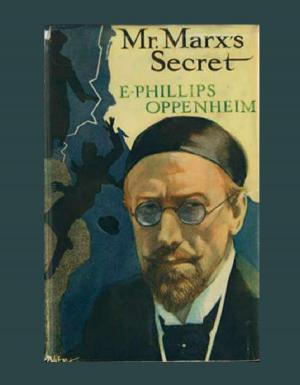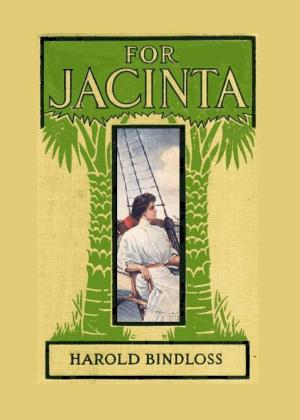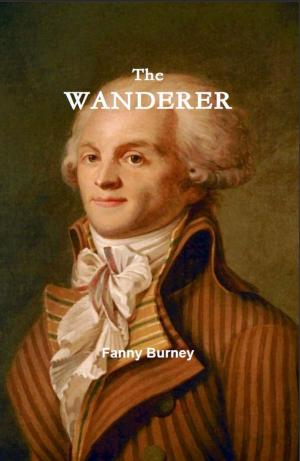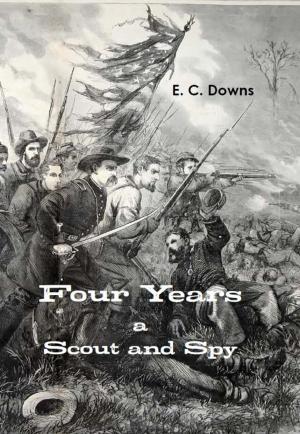| Author: | Robert Herrick | ISBN: | 1230000030336 |
| Publisher: | AP Publishing House | Publication: | November 13, 2012 |
| Imprint: | Language: | English |
| Author: | Robert Herrick |
| ISBN: | 1230000030336 |
| Publisher: | AP Publishing House |
| Publication: | November 13, 2012 |
| Imprint: | |
| Language: | English |
Robert Welch Herrick (1868-1938) was a novelist who was part of a new generation of American realists. His novels deal with the turbulence of industrialized society and the turmoil it can create in sensitive, isolated people. He was also briefly acting – Governor of the United States Virgin Islands in 1935. From1905 to 1923, he was a professor of literature at the University of Chicago, during which time he wrote thirteen novels. Among those considered to be his finest was Web of Life (1900). His art was free of dogmaticisms and achieves its power from a melancholic fatalism. He dreaded the brutality and ignorance of the mob as much as he despised the avarice and ennui of the upper class. He was suspicious of political doctrines and utopian legislation, feeling that true progress for human happiness must always lie in individuals making moral choices. His works include: Literary Love-Letters and Other Stories (1897), The Man Who Wins (1897), The Gospel of Freedom(1898), The Real World (1901), Their Child (1903), Together(1908)and A Life for a Life (1910).
Robert Welch Herrick (1868-1938) was a novelist who was part of a new generation of American realists. His novels deal with the turbulence of industrialized society and the turmoil it can create in sensitive, isolated people. He was also briefly acting – Governor of the United States Virgin Islands in 1935. From1905 to 1923, he was a professor of literature at the University of Chicago, during which time he wrote thirteen novels. Among those considered to be his finest was Web of Life (1900). His art was free of dogmaticisms and achieves its power from a melancholic fatalism. He dreaded the brutality and ignorance of the mob as much as he despised the avarice and ennui of the upper class. He was suspicious of political doctrines and utopian legislation, feeling that true progress for human happiness must always lie in individuals making moral choices. His works include: Literary Love-Letters and Other Stories (1897), The Man Who Wins (1897), The Gospel of Freedom(1898), The Real World (1901), Their Child (1903), Together(1908)and A Life for a Life (1910).

